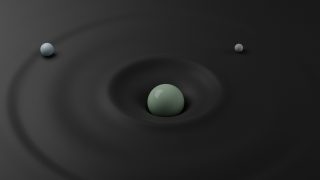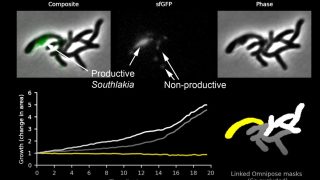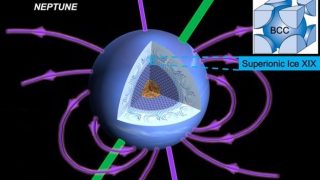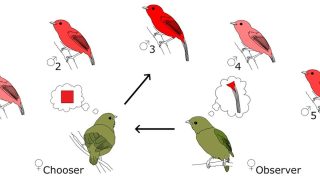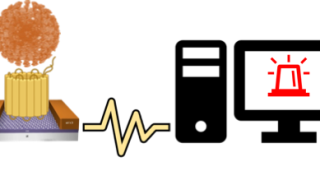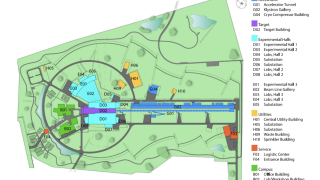
European Spallation Source, at the forefront of particle physics with neutrons and neutrinos
spallation Progress in particle physics has traditionally been achieved by a symbiosis of experiments at the energy and intensity frontiers and model-building. This has led to the current situation of the Standard Model (SM) representing our best knowledge of particle physics, but which leaves a number of open questions to be resolved. These include the […]
